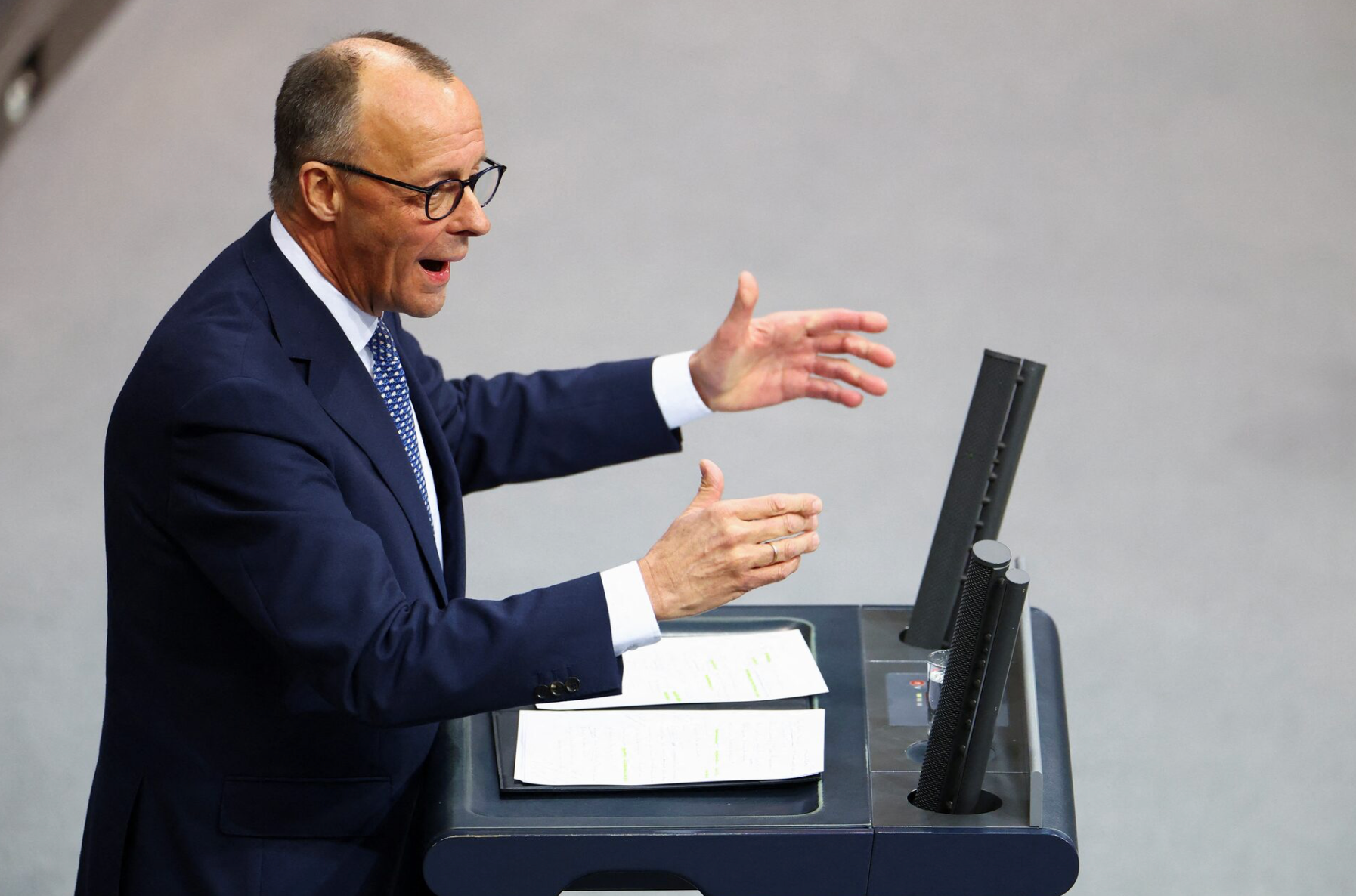Parties unveil plan to save Germany from recession
Germany's main political parties will unveil their election manifestos on December 17, offering competing visions to lift Europe's largest economy from recession and counter a rising far-right wave ahead of a snap election on February 23, 2025.

Germans go to the polls after Chancellor Olaf Scholz's three-party coalition collapsed last month, potentially ending the tenure of the country's most unpopular leader in modern history and paving the way for the main opposition conservative party to return to power.
The election comes at a challenging time for Germany. The economy is expected to shrink for a second year in a row, industrial giants like Volkswagen face existential threats from foreign rivals and political attitudes towards migrants are becoming increasingly hostile.
Details of the parties’ election platforms have been leaked, as the economy, welfare, migration and the war in Ukraine dominate headlines. The campaign has accelerated after Mr Scholz lost the confidence vote on 16 December, as was widely expected.
Conservative front-runner Friedrich Merz and his Christian Democratic Union (CDU) party want to cut income and corporate taxes, as well as lower electricity prices as a way to boost the economy.
But while signaling some openness to moderate reform, he has so far said he plans to stick to a constitutional limit on government spending, known as the “debt brake.” The tool was introduced after the 2009 financial crisis, but critics say it hampers growth by restricting borrowing and investment.
Mr Scholz's Social Democratic Party (SPD) wants to reform this "debt brake".
In an effort to regain the initiative, the SPD also proposed to encourage private investment and modernize infrastructure with a 100 billion euro extra-budgetary fund. They plan to introduce a "Made in Germany" policy to boost investment.
Conflict over Ukraine
Under Mr. Scholz, Germany increased defense spending and became Ukraine's second-largest military donor, after the United States.
However, Merz wants to go further by supplying Taurus missiles to Kiev, a move that Mr. Scholz fears could drag Germany into direct confrontation with Russia.
In contrast, the far-right Alternative for Germany (AfD) party, currently second behind the conservatives in opinion polls, wants to end arms deliveries to Ukraine and restore good relations with Moscow.
Migration is another burning issue.
Germany, which welcomed Syrian refugees and others with open arms during the 2015 migration crisis, has toughened its stance since then and this year reintroduced border controls.
Merz has pushed to turn away migrants at Germany's borders and wants to move the processing of asylum applications to a third country.


.jpg)


